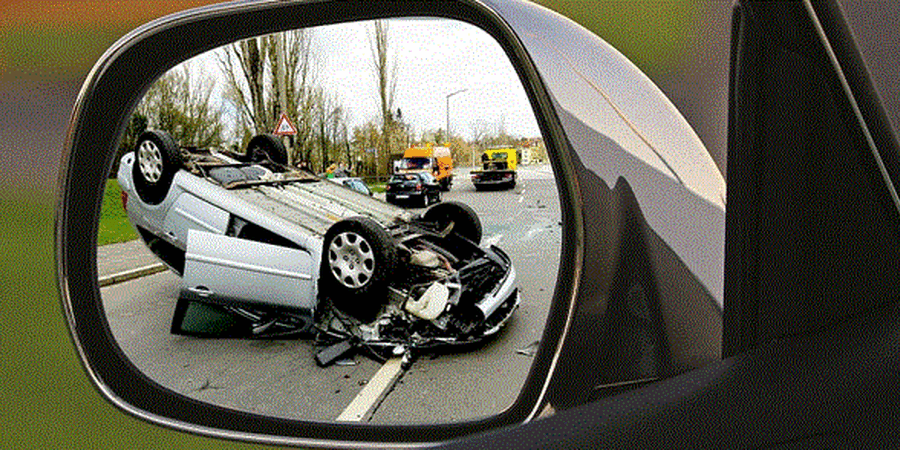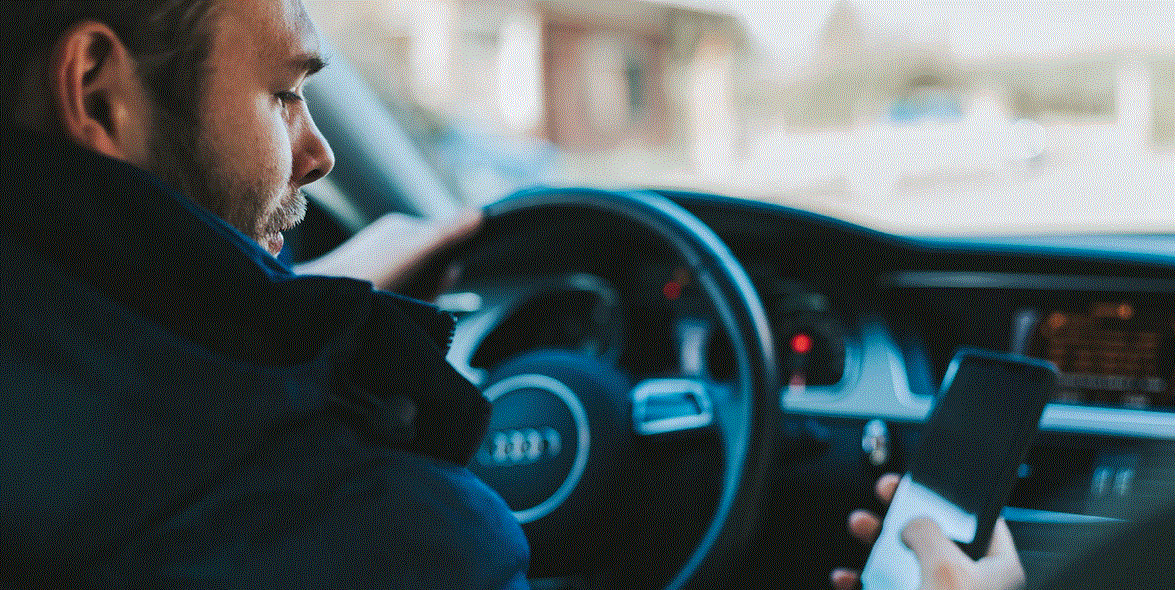Philadelphia, PA - Getting into a fender bender in Philadelphia can be frustrating, even if it’s just a minor one. Maybe someone bumped you at a red light or backed into your car in a parking lot. It might not seem like a big deal, but these small accidents can still lead to insurance issues, unexpected costs, or even injuries that don’t show up right away.
That’s why it’s important to know what to do right after a fender bender. Being prepared can save you time, money, and stress. Even in a minor crash, it can be helpful to consult an experienced car accident attorney to make sure your rights are protected, especially if the other driver’s story changes or injuries develop later.
Here’s a step-by-step guide for what you should do if you’re ever in a fender bender in Philadelphia.
Step 1: Stay Calm and Stay Safe
Try to stay calm and don’t panic. Take a deep breath and assess the situation.
- Move your vehicle if you can. If the accident is minor and no one is seriously hurt, move your car to the side of the road or a safe area. Leaving your vehicle in the middle of traffic can be dangerous.
- Turn on your hazard lights. This warns other drivers to slow down and gives you a safer space to deal with the situation.
- Check on everyone involved. Make sure you and your passengers are okay. Then check on the other driver, but don’t try to assign blame or argue.
Step 2: Call the Police (Even for Minor Accidents)
In Pennsylvania, it’s always a good idea to report a crash to the police—even if it seems small.
- Call 911 to report the accident. A dispatcher will let you know if officers will come to the scene. In some cases, especially if no one is injured, they may ask you to file a report later.
- An official report can help later. Having a police report on file can help when you file an insurance claim or if there’s a disagreement with the other driver about what happened.
Step 3: Exchange Information with the Other Driver
You’ll need to trade information with the other driver, no matter how minor the damage looks.
- Get the basics. This includes their full name, phone number, address, insurance company, policy number, driver’s license number, and license plate number.
- Keep the conversation polite and brief. Don’t admit fault or discuss blame. Just focus on gathering the necessary details.
- Know the basics of Pennsylvania insurance. Pennsylvania is a “choice no-fault” state, which means your own insurance might cover your injuries no matter who caused the crash—depending on the coverage you chose.
Step 4: Document the Scene
Taking photos and notes can really help if issues come up later.
- Take clear pictures. Photograph the damage to all vehicles, the location of the accident, traffic signs, and anything else that helps tell the story of what happened.
- Get witness info. If anyone saw the crash happen, ask for their name and contact details. Their statement could be useful down the line.
- Jot down details. Write down the date, time, weather conditions, and anything else you think might be important.
Step 5: Report the Accident to Your Insurance Company
Once you’ve left the scene safely, contact your insurance company as soon as possible.
- Tell them what happened. Be honest but brief. Share the facts without adding opinions or accepting blame.
- Ask if you should file a claim. If you’re not sure whether to file a claim (for example, if the damage is very minor), your insurance company can guide you. They might also let you know about deductibles or how your rates could be affected.
Step 6: Get a Medical Check-Up, Even if You Feel Fine
Some injuries, like whiplash or minor concussions, don’t show symptoms right away.
- Visit a doctor soon after the crash. Getting checked out early helps catch hidden injuries and also creates a medical record that could be important if you need to file a claim.
- Don’t ignore discomfort. Even if it seems like “just a sore neck,” it’s worth getting it looked at. You don’t want to discover a bigger issue later when it’s harder to prove it was related to the accident.
Step 7: Consider Talking to a Legal Professional
Even small accidents can turn into bigger problems, especially if the other driver isn’t honest or if injuries pop up later.
- A lawyer can help protect your rights. If you’re hurt, if your insurance claim is denied, or if the other driver tries to blame you, it may be time to talk to a legal professional.
- Legal advice can prevent headaches. Having someone on your side who understands the law can help you avoid costly mistakes.
Legal professionals also understand how to deal with insurance companies. Sometimes insurers may try to offer a quick settlement that doesn’t fully cover your expenses. A lawyer can help you evaluate whether the offer is fair and push for the compensation you truly deserve.
Philadelphia-Specific Tips
Every city has its own rules and quirks when it comes to traffic accidents. Here are a few things to know in Philly:
- If your car is towed, find out where it went. In Philadelphia, towed vehicles are usually taken to an impound lot managed by the Philadelphia Parking Authority. You can call 311 or visit their website to locate your car.
- Request traffic camera footage if needed. Some intersections have cameras that may have caught the accident. Act quickly, though—footage isn’t stored forever.
- File a crash report with PennDOT if police don’t show up. If no officer responds and there’s significant damage or injury, you may need to file a report yourself. You can download the form from the PennDOT website.
Conclusion
Fender benders are never fun, but they’re also not the end of the world. What matters most is how you respond.
Remember these steps:
- Stay calm and safe
- Call the police
- Exchange information
- Document everything
- Report to your insurance
- Get checked out by a doctor
- Consider legal advice if needed
Knowing what to do ahead of time can make a frustrating situation a lot easier. It’s a good idea to print this list and keep it in your glove box—just in case.
Stay safe out there!



